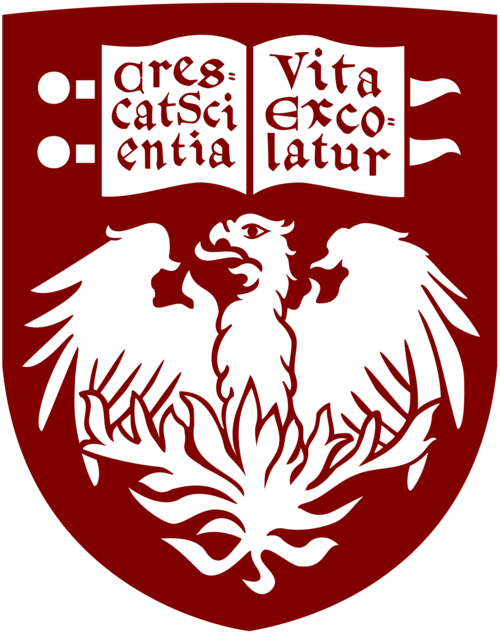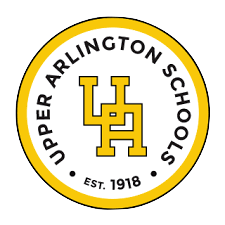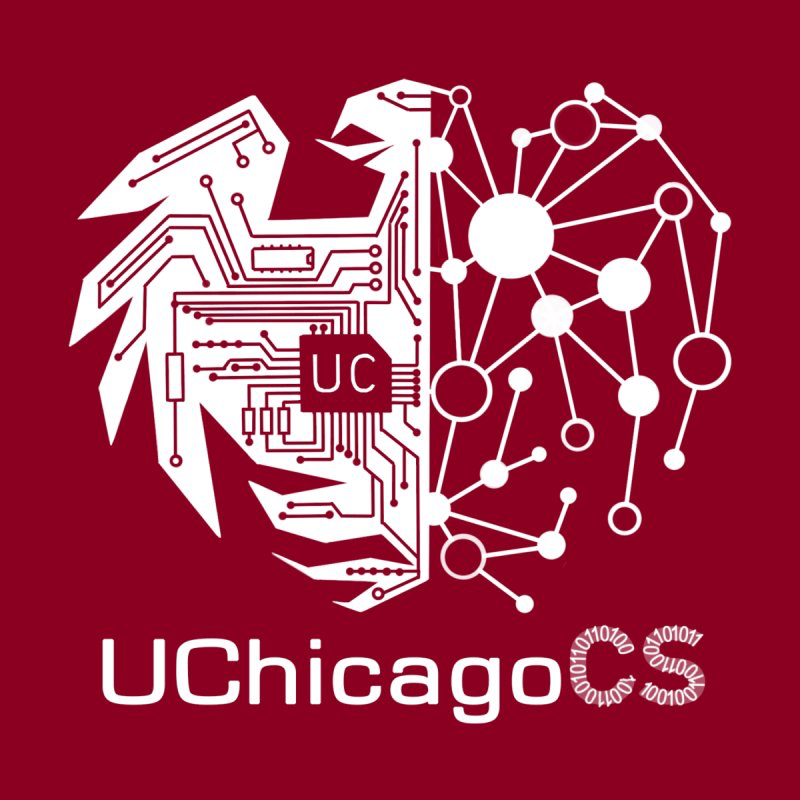about
I am a fourth-year undergrad student at the University of Chicago expecting to graduate
in spring of 2024. I am pursuing a Bachelor of Science in Computer Science with a
specialization in Computer Systems and a double minor in Astronomy and Astrophysics
and in History. In addition to working part-time for the Department of Computer Science
and Athletics Department, I am the vice president of the UChicago Men's Club Ice Hockey and a
member of the UChicago Climbing Club, URock. I am interested in technology, specifically
software engineering, and how persistent computing and software can solve everyday problems.
I also like developing programs and games for my own enjoyment. My long-term goal is
to completely build a computer from scratch (both hardware and software).
Outside of school, I love being active and exploring the world. My most frequent activities
include climbing, hiking, running, hockey, soccer, reading, going to museums, and video
games. I love watching hockey, soccer, and Formula 1. I am often enthralled learning
random facts, following the news (tech, financial, political, science, space),
or consuming as much Monty Python content as possible before discovering that the day is
suddenly over. I also love traveling and have passable German skills that I am working on improving.
education

University of Chicago (2020-2024)
Bachelor of Science in Computer Science
Minors in Astronomy and Astrophysics and in History
Chicago, IL | September 2020 - June 2024
B.Sc specialization in Computer Systems | Dean's List 2021-2022
Relevant Coursework: Operating Systems, Computer Architecture, Theory of Algorithms,
Mobile Computing, Introduction to Computer Security, Programming Languages, Introduction
to Python Programming with Applications to Astro Statistics, the Milky Way,
Exoplanets, Galaxies, Statistical Methods and Applications, Mechanics, and
Electricity and Magnetism

Upper Arlington High School
International Baccalaureate Diploma and Diploma with Honors
Upper Arlington, OH | August 2016 - June 2020
GPA: 4.18/4.00 | AP Scholar with Distinction | National Honor Society | Bronze Presidential Service Award
Relevant Coursework: IB Computer Science HL, AP Computer Science A, IB German SL,
AP Physics C: Mechanics, IB History HL, AP European History, and IB World Religions




